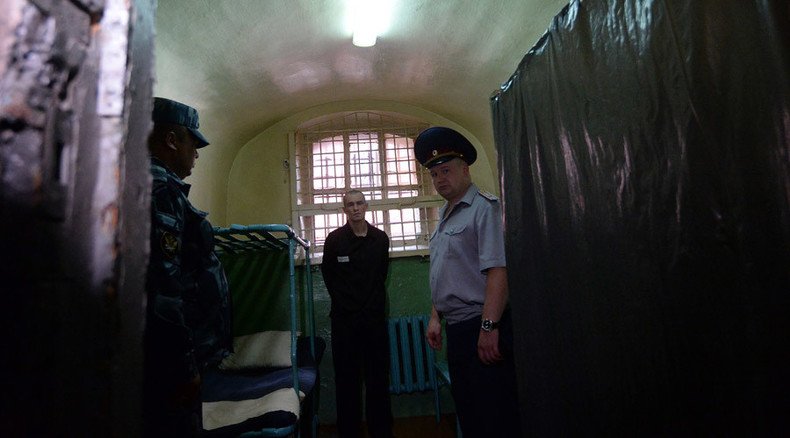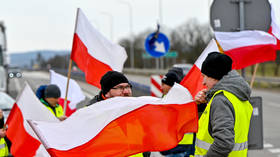Top Russian human rights body opposes attempts to bring back death penalty

Members of Russia’s Presidential Human Rights Council have unanimously rejected calls to re-introduce the death penalty for terrorist crimes, saying that the measure would be both inhumane and ineffective.
The council will soon issue an official statement drawing public attention to the unacceptability of restoring the death penalty in Russia, the body’s chairman Mikhail Fedotov told Izvestia daily. Fedotov reminded reporters that in 2009 the Constitutional Court prolonged the moratorium on the death penalty, with President Vladimir Putin voicing his strong support of the decision.
READ MORE: Call to reinstate death penalty for terrorism by Russian leftist leader
In their message, which will be released later in the week, the activists write that the death penalty is an inhumane measure which is against the latest rulings of the Russian Constitutional Court. They also claim it has proved an ineffective measure in the war on global terrorism.
The council members also note that using the death penalty in Russia is extremely undesirable because of the imperfections of the current justice system, where the conviction of an innocent person is still a possible, if unlikely, scenario.
The activists also claim that society’s fear of terrorism could be used by politicians as an excuse to curb civil freedoms and citizens’ rights.
One of the council members, Yelena Topoleva-Soldunova, noted in press comments that the “death penalty only leads to the adoption of harsher morals in society, despite activists’ efforts to introduce some humane values.” She also said that the cancellation of the moratorium, as well as restrictions on general freedoms, could be exactly what terrorists are trying to achieve, and therefore must be avoided.
Russia introduced a moratorium on the death penalty in 1999 when it was seeking membership of the Council of Europe. The Russian Constitution still allows capital punishment for particularly grave crimes, but only after a guilty verdict has been handed down by a jury court.
Since the moratorium was introduced, various Russian politicians and law enforcement officials have repeatedly raised the issue of reintroducing capital punishment, especially after large-scale terrorist attacks or other crimes that have made big news in the mass media. This was the case after the deadly crash of the Russian A321 passenger jet in Egypt, which has been labeled a terrorist bombing.
READ MORE: Take no prisoners: Head of Russian region urges tougher stance in war against terror
Earlier this month, members of the nationalist opposition party LDPR, together with the head of the center-left party Fair Russia, called for the Russian authorities to abolish the moratorium, saying the death penalty should still be reserved for convicted terrorists and their accomplices.
President Putin’s press secretary Dmitry Peskov commented on the proposals, saying that that the question was complex, but for the moment the moratorium remains in place.












